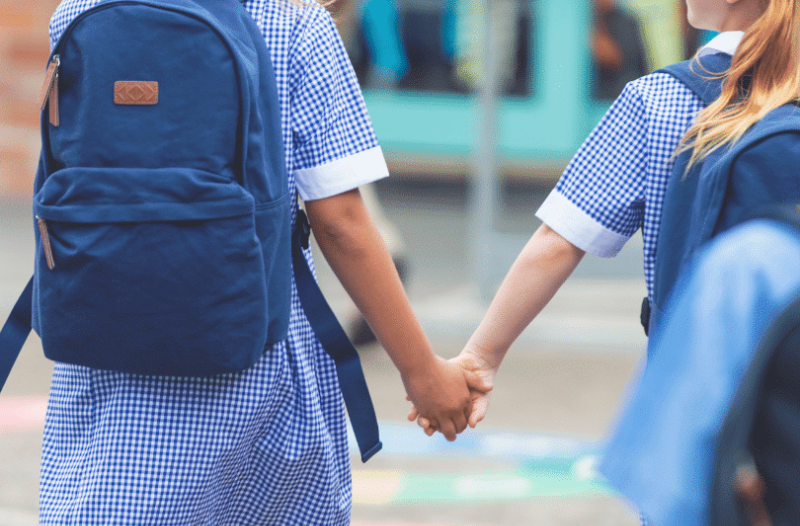Thankfully, the evidence suggests that heavy school bags have no bearing on posture or predispose back problems. In fact, the evidence hints to the opposite, carrying a weight on your back may be good for you. So why is there such a furore over it? The reason is likely related to the incorrect beliefs we all have, having heard it from our own parents and perhaps from healthcare professionals unaware of the evidence.
Hunchback, is a general term describing a flexed upper back, rounded shoulders and the appearance that a persons head is in front of their body. Kyphosis is the anatomical term describing the natural spinal curve in the upper back. Hyperkyphosis is the term used to describe the curve when it is over 45 degrees (under 45 degrees is generally accepted as being in normal range). It is a relatively common posture in adults and adolescents of the patients we examine in FCE Scan. It’s cause is unknown, however, there is likely a genetic link.
Furthermore, there are two glaringly obvious reasons why it is not related to heavy school bags. Firstly, a child only carries a school bag for relatively short periods of time (estimated at 10 minutes), this is not long enough to elicit a long term postural change. In fact, here it may be argued that school itself is the problem, as children spend long periods of time sitting in the same position at a desk. This part is key, posture is only an issue when you are in the same position for extended periods. Secondly, and this is purely mechanical, if we carry a heavy bag on our backs we brace our spine and bend forwards from the hips and pelvis. This doesn’t involve flexing the upper back. If anything the opposite occurs.
Scoliosis is often mentioned as a type of postural issue that can be caused by carrying heavy school bags over one shoulder. It is a lateral (side-bending) curve of the spine which goes 10 degrees, generally it is only necessary to do something about it if it goes over 20 degrees. Scoliosis affects circa 4% of the population, of that 4% only a very unlucky 10% may require surgery. Therefore, the incidence of it requiring intervention is very low. It is more prevalent in females and importantly, when associating the weight of school bags as a cause of it, 80% of scoliosis is idiopathic – which means there is no known cause. The other 20% can be age related or congenital. Therefore, school bags don’t cause scoliosis.

